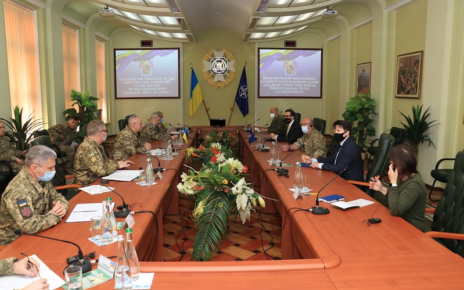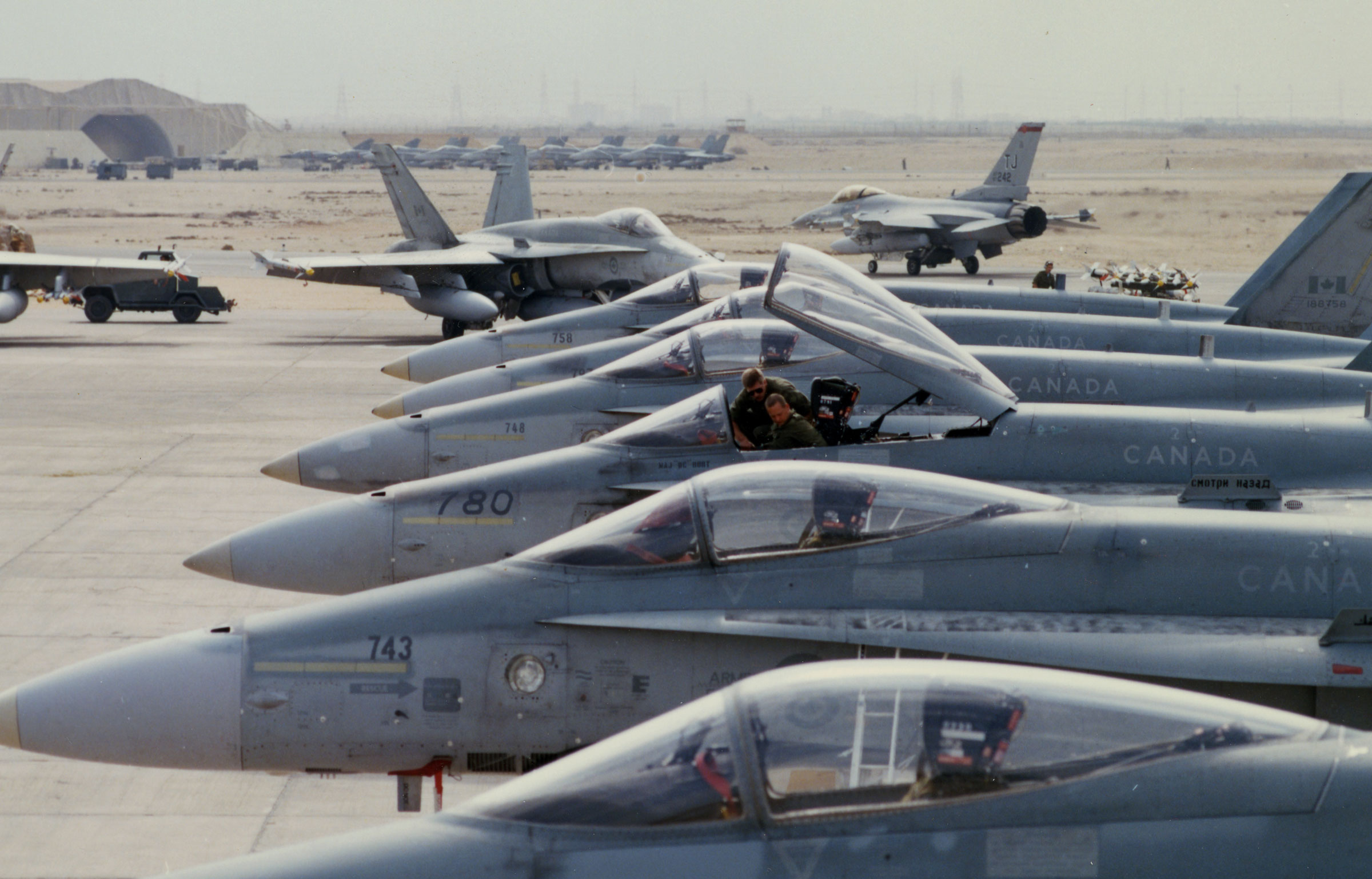Why should Canadians care about NATO? As we busy ourselves commuting to work, shopping for groceries, or raising our children, we are inundated—either in passing or through active consumption of national and international media—with news about crises across the globe. Whether we converse with friends and colleagues about Russia’s 2022 invasion of Ukraine or hear that Canada’s NATO allies are frustrated with our lackluster defence spending, a central question inevitably surfaces: why does it matter to us? Considering that fifty-percent of Canadians are just two hundred dollars away from defaulting on their monthly bills and sixty-percent of Canadians demand that our elected leaders take action to alleviate housing shortages, the task of rebuilding the Canadian Armed Forces in support of NATO seems a peripheral concern. The stark reality, however, is that NATO—and Canadian participation within it—matters to European stability, and that impacts our standard of living here at home.
To explain, let us consider NATO’s purpose. At its core, NATO is a defensive alliance encompassing thirty-two European and North American countries that promotes stability in Europe. Although the alliance has vacillated in outlook and short-term priorities since 1949, ensuring peace in Europe through the collective security of its western, democratic member states has always been its underlying mission. Conceived in the aftermath of the Second World War as a way of binding the security of Europe’s former enemies, NATO was formed in opposition to the threat posed by the Soviet Union. By developing joint military plans and ensuring the interoperability of their armed forces, western Europeans, Canadians, and Americans deterred aggressive Soviet action in western Europe for forty-five years, thus protecting their democracies and open economies. After a brief interregnum after 1991 when NATO lacked strategic focus, the alliance’s unifying and central mandate has returned in the shadow of Russia’s 2014 and 2022 invasions of Ukraine. NATO exists to deter Russian aggression in eastern Europe, and stabilizes the continent by doing so, providing a secure space for European democracy and commerce to flourish.
Canadian prosperity is impacted by global events and crises to a high degree. Much of the merchandise we purchase and use every day is not fully produced in Canada. In turn, the prices of all imported goods are directly affected by the financial risk assessments and attitudes of investors across the globe. Companies that produce, export, and import finished products or critical production inputs into Canada require the assurance that their goods will safely transit the world’s oceans and airspaces in a predictable, stable manner. Fluctuations in these calculations brought on by diplomatic disputes and wars affect you, either through the temporary or permanent loss of access to such goods or increased final costs, changing your standard of living and harming your pocketbook in the process.
This delicate supply chain equilibrium is disrupted in times of global crisis. In 2020, as COVID-19 spread across the world, governments shut down certain industries while others ran at reduced capacity to contain the virus, drastically impacting global supply chains in the process. In 2022, Russia, a major petroleum exporter, was slammed with heavy economic sanctions in response to its brazen invasion of Ukraine. Those measures imposed by western governments, coupled with concern amongst international investors, led to volatility in the global energy market and international finance, affecting gas prices in Canada. The interconnected global economy thrives on equilibrium and predictability. When circumstances rapidly change, as they do when a major country attacks its neighbour on the outskirts of the European Union—an economy valued at more than $20 trillion USD—the system is thrown into shock, and the Canadian consumer will feel its effects. That is the inescapable reality of life in a post-industrial country like Canada. We cannot produce everything we consume. To do so is either impossible or impractical depending on the industry and, should that be attempted, our standard of living would still decline; for most products we consume and use daily, it is prohibitively more expensive to manufacture them in Canada than it is to rely on imports.
Through its military strength and political solidarity, NATO deters aggressive Russian action that would undoubtedly destabilize Europe to an extent not seen since the Second World War. In early 2025, despite Russia’s repeated provocations and thorough analysis on what its leadership wants to achieve (its rebirth as Europe’s dominant great power), Russian President Vladimir Putin has thus far avoided launching overt violations of the sovereignty and territorial integrity of NATO allies. A Russian invasion of a NATO ally, an extremely plausible possibility should Putin detect NATO weakness in the long-term, would destabilize Europe and its economic markets to a far greater degree than the 2022 invasion of Ukraine did, even if NATO bent to Russian demands.
Today’s tenuous peace between Russia and NATO will not automatically last—it must be upheld and maintained. Through strength and military readiness, Canada must work with its allies to convince Russia’s leaders that their armed forces would fail in a conflict against NATO.. A Russian invasion scenario is not the stuff of fantasy, but as those who lived through the First and Second world wars (or in Ukraine today) would tell you, is an all too realistic eventuality. It is also important to remember that we are not just Canadians: we are individual financial actors within a global economic system, and what happens around the world affects us here. It may seem that the budgetary costs of increased Canadian defence spending to actively participate in NATO are not worth the investment, but inaction when the stakes are this high is costlier than spending money today. Through high levels of investment in the Canadian Armed Forces and active participation in NATO we purchase stability. The benefits that accrue from a stable peace in Europe and around the globe may not always seem apparent, but the consequences of a war or submission to Russian domination will be all too real should those developments occur, the recent past is proof of that.
Photo: A map of Europe and North America with NATO countries and Canada colored in (2023) via Wikimedia Commons. Licensed by CC BY-SA 4.0.
Disclaimer: Any views or opinions expressed in articles are solely those of the authors and do not necessarily represent the views of the NATO Association of Canada.




